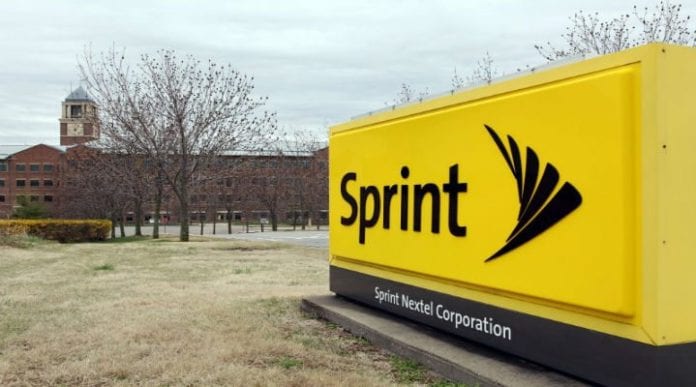So, Sprint wants to merge with Charter. This is no real surprise if you have been following the industry. If not, you may be wondering why a wireless carrier wants to combine with cable TV company. Let’s take a few minutes and discuss how the wireless industry and every player is transforming. Then you will better understand the reason Sprint wants to merge with Charter.
Watching Sprint over the last several decades, it is clear that today they are back on the growth path. In recent years, they have invested in and improved the quality of their network and continue to do so. That’s why Sprint is suddenly the bell of the ball.
Google Project Fi is Google’s wireless operation. They are an MVNO and they resell Sprint and T-Mobile services. This is a big pat on the back for Sprint since Google would not be interested if the quality was not there.
Comcast and Charter have been talking with Sprint in the last couple months. They already resell Verizon Wireless as an MVNO. So, talking with Sprint means they consider the network top-quality as well.
That means Google, Comcast and Charter must all have confidence in Sprint quality. No other company would risk their brand and customer relations on a service that is not up to speed.
Transformation of the wireless industry continues
At the same time, wireless continues to grow and to change. It has for decades. Ten years ago, the first Apple iPhone and Google Android devices hit the market and ushered in a decade of rapid smartphone and wireless data growth. While customers still love these devices, and upgrade, growth has slowed since they already own most of the market.
That’s why today we are seeing wireless carriers looking for new ways to expand and grow.
Comcast acquired NBC Universal joining a cable TV company with a content company. This is a transformational event for the wireless, telecom and pay TV industry.
AT&T is helping to disrupt and reinvent wireless. First, they acquired DirecTV and created DIRECTV NOW. Then they created wireless TV. Now they are working to acquire Time Warner for content. They are creating a new kind of competitor.
Verizon acquired AOL and Yahoo and is restructuring themselves for their next wave of growth.
Sprint and T-Mobile have gotten back on the growth path themselves and are growing in the wireless space. However, to date, neither have yet been involved in the kind of acquisition and transformation we see the industry heading.
Next wave of wireless growth
That’s one important reason Sprint wants to merge with Charter. As wireless continues to mature, it continues to evolve. Wireless has started its next transformation wave. This time however, every carrier is not heading in the same direction. Different carriers are taking different paths to growth over the next decade.
Masayoshi Son, CEO of SoftBank, made it clear when he first acquired Sprint, the direction he wanted to go. He wants to build a company by stitching together leaders in a variety of areas like wireless, telephone and pay TV.
Today, the wireless industry has begun transforming itself. This means for companies to continue to show growth and keep their investors happy, wireless will transform and expand. The industry also expects the President Trump administration to understand this business and growth need.
Mergers are increasingly creating new growth opportunities
I expect we will see many more mergers in coming years. We have already seen Comcast NBC, Verizon AOL Yahoo, AT&T DirecTV and Time Warner which is in the process. That is why I think regulators will not only see the new direction the industry is taking, but want to encourage this kind of growth and competition in the marketplace.
It is becoming clear that wireless is the core technology that will power growth for industry after industry. Sprint wants to offer wireless, telephone, pay TV, wireless TV and more. Just like AT&T is doing. And their mobile TV offering will travel over their wireless network to smartphones and tablets from coast to coast. This is the same path Comcast and Verizon are getting ready to head.
This puts Sprint in a very valuable position. They can acquire another company or they can be acquired. The question is not if the wireless industry will transform. The question is which way it will transform? The next transformation wave has already begun. Let the industry reinvent itself. We will all be better off if we let the industry steer its own ship.

